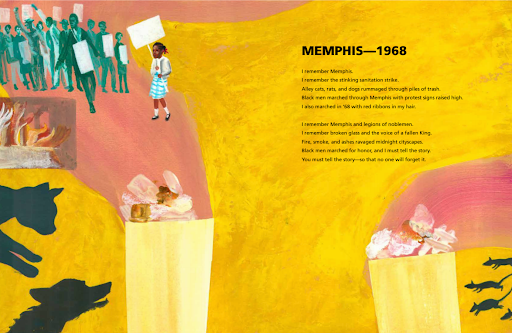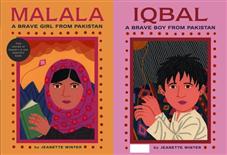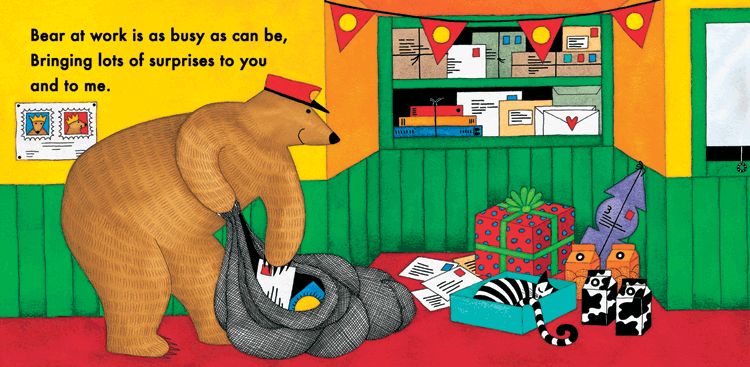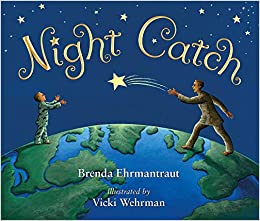Labor Day, Picture Book Style
- Christina Dendy

- Sep 6, 2021
- 2 min read
The word labor has stayed pretty consistent throughout its etymology. In Latin, its distant origins, labor meant "toil, hardship and exertion." In the United States, the first Labor Day was celebrated as a municipal holiday in New York City, with a parade, park gathering and protest, on September 5, 1882.
This Labor Day emerged from the rising tensions between big business interests and increasingly organized wage workers, who had begun to form labor unions and get a sense of the power they could exercise by working together toward common goals. Those goals? Things like fair wages, safe working conditions, limited work days and work weeks, time off, and an end to child labor. Labor activists then pressed for state and federal holidays, and in June 1894, President Grover Cleveland signed a law that brought us today.
But like Veterans' Day and Memorial Day, the meaning of Labor Day often gets lost in the midst of big store sales, barbecues, and no school. In the case of school, many children and families don't recognize that part of the fight underlying Labor Day was to win the right for children to get an education instead of toiling in dangerous mines and factories. For snapshots of the history, check out one or both of these videos, which will take just a couple minutes out of your holiday, if you get to enjoy the day off (since many workers do not).
In recent years, children's publishing has undertaken efforts to expand its representation of people and its coverage of concepts and events. Today, we have several amazing biographical picture books that highlight key labor figures in history as well as concept and fiction picture books that shed light on the realities of traditionally underrepresented individuals and groups. If you're looking for good kid books to read this Labor Day, check out some of the titles below.
Biographical Picture Books
Concept and Fiction Picture Books
Get reading!


















































































Comments